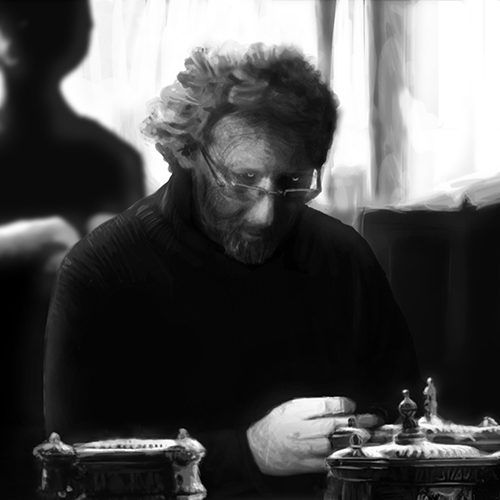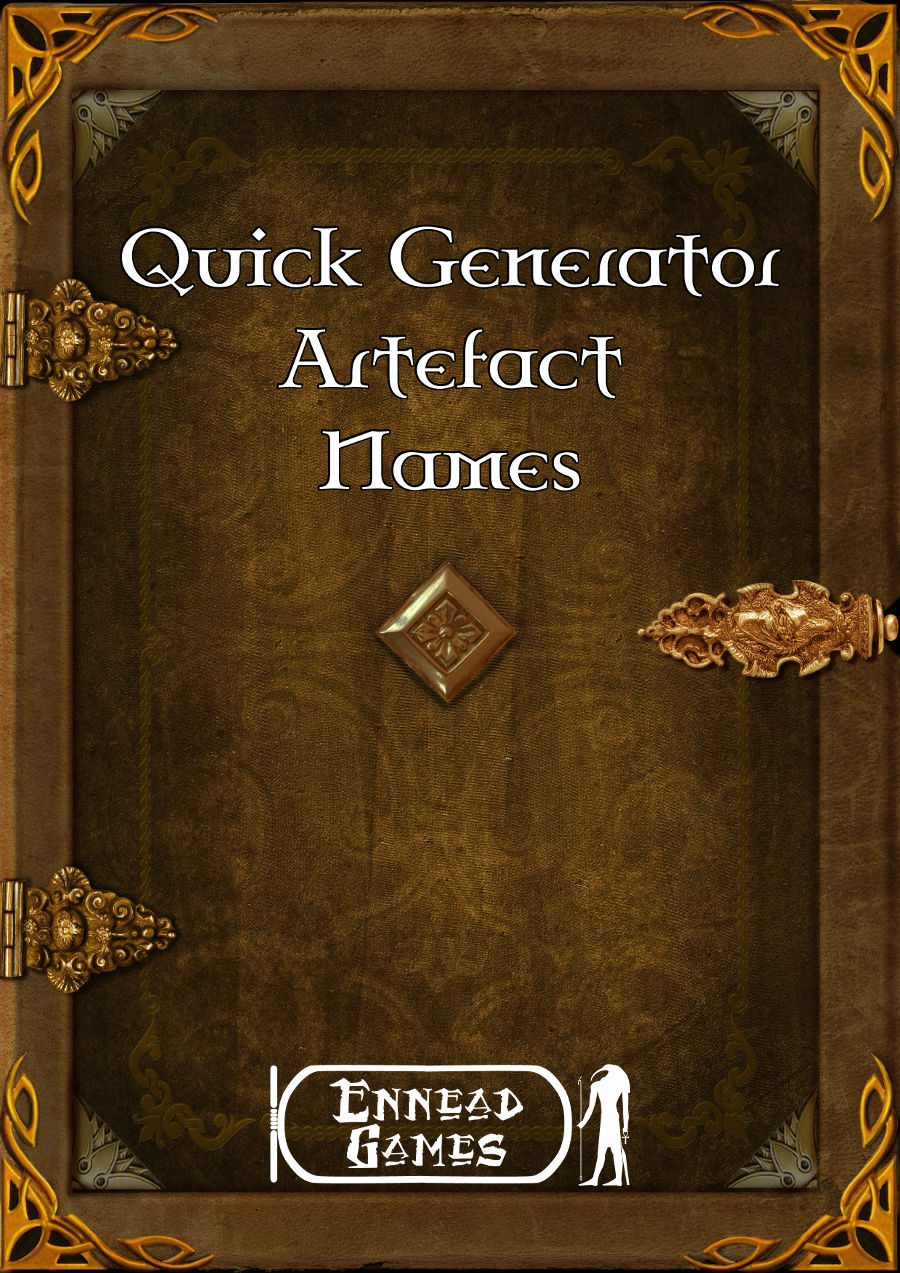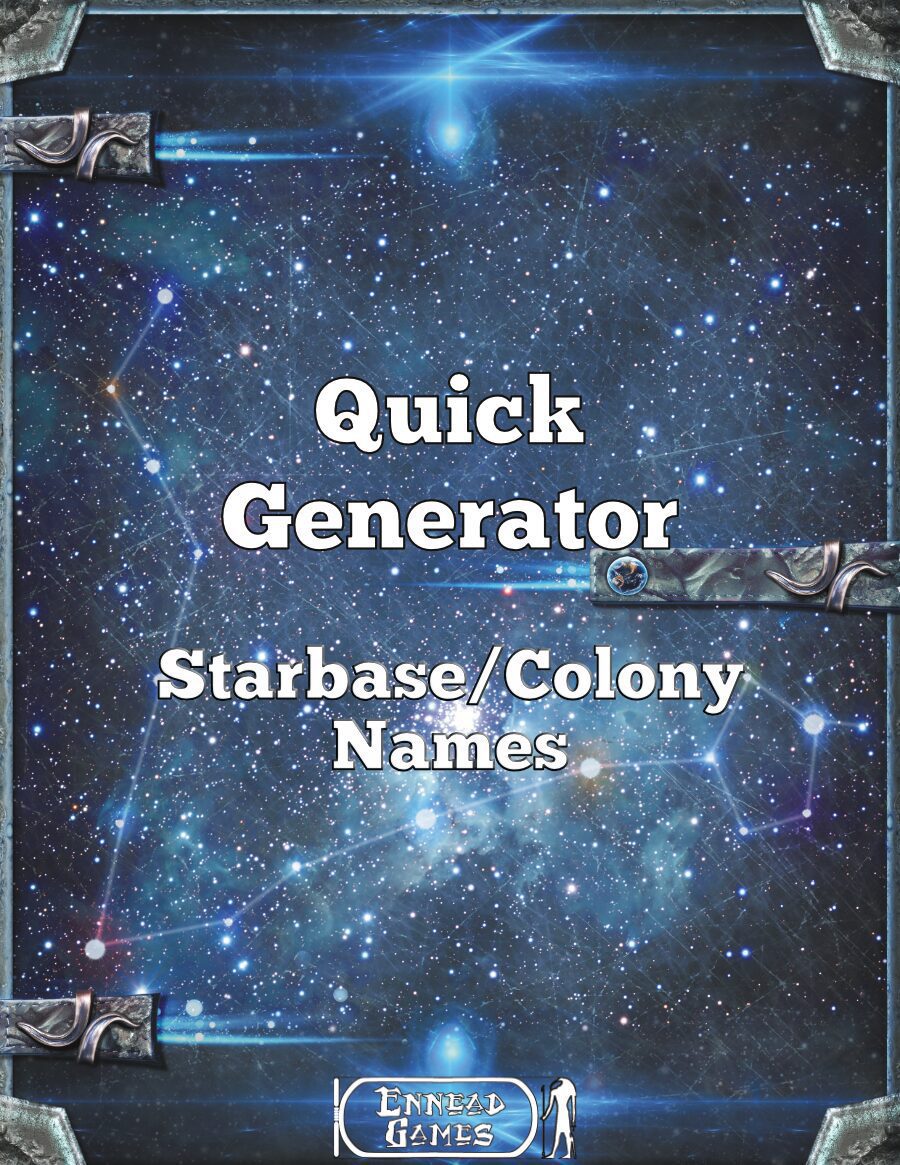
It’s too Tough: Banning single-word Abilities in HeroQuest 2
Phil Nicholls blogs at Tales of a GM, where he writes about narrative gaming, faster prep and more story. He is currently running a HeroQuest Glorantha campaign in a home-brew setting. Phil has written for Johnn Four’s Roleplaying Tips newsletter and has a selection of self-published pdfs.
This essay is taken from the archives at Tales of a GM.
With my current campaign, I have now spent longer running HeroQuest than any other set of rules. Enthusiasm for these rules remains high, but this familiarity has also highlighted individual rules which have not worked well for us. One such rule deals with single-word abilities.
HeroQuest 2
First, a quick word about HeroQuest 2. These rules were designed by Robin D Laws and published by Moon Design. HeroQuest 2 is a narrative game, with roots back through Hero Wars to older Gloranthan games. It is described on the Glorantha website as follows:
Q Anything you can imagine, you can play…
HeroQuest is the innovative, dynamic, and flexible rules engine by Robin Laws, suitable for play in any genre or setting. It presents a simple and flexible system that allows Game Masters to make decisions the way authors and screenwriters do when creating novels, TV episodes and movies. HeroQuest encourages creative input from your players, resulting in an exciting, unpredictable narrative created through group collaboration.
Its resolution methods and scalable character levels make it equally suited for any genre, from epic Gloranthan fantasy to gritty occult investigations.
HeroQuest 2 is available from Moon Design.
Abilities in HQ
HeroQuest has an elegant rules engine which allows literally anything to be defined as an ability. If you can describe it, then it can be an ability in HeroQuest. Emotions, skills, social connections, knowledge, companions, spells and objects can all be abilities. It is this core flexibility in the rules which makes it such a perfect storytelling game.
The simple contest resolution system allows any two abilities to struggle against each other, regardless of their nature. You can use magic, wit or swordplay to defeat the brigand: the rules work the same. The narrative will be very different each time, but the rules do not care. This one simple contest resolution technique enables great narrative freedom. A freedom which begins with the broad range of potential abilities.
Tough Luck
During my first cycle of tales using HeroQuest the disadvantage of this freedom came to light. Players could choose anything as an ability, and some of them picked simple, single-word abilities. One Player chose “Tough”, and here it all began to fall apart.
Simply put, “Tough” was too broad.
Q GM: The troll hits you with a club.
Player: I’m Tough!
GM: You are knocked down the stairs.
Player: I’m Tough!
GM: The wizard casts a firebolt spell at you.
Player: I’m Tough!
GM: The assassin stabs you with a poisoned blade.
Player: I’m Tough!
GM: The street-thug looms over you menacingly.
Player: I’m Tough!
You can see my problem here. The Player’s default response to almost everything was all about the toughness of his Hero. I cannot deny that minotaurs are tough creatures, but this reliance on a single ability was unfair to the other Players who had to manage multiple different defensive abilities.
Frankly, it was boring.
Make it Two
I asked the Player to limit his use of the ability, and he was good about it. However, this short-term solution puts an unfair burden on the Player. His choice of ability was legal, according to the rules, but it became evident we had stumbled upon a loophole in the rules
My solution required all abilities to consist of at least two words. Furthermore, in light of our experience with “Tough”, I was now on the lookout for broad abilities. Thus, while Tough Body now complied with the letter of my house rule, the spirit was just as broken. The intention of requiring at least two words as the name of an ability was to stop Players taking this kind of wide-ranging ability which can apply to many situations.
Increase Focus
Part of my consideration before permitting any new ability is to limit broad abilities. When presented with a worryingly wide ability, I question the Player further, to find out exactly what they want from the ability. I work with the Player to tighten the focus upon what they want, and how they see their character.
So, the Tough Body I dismissed earlier could be acceptable in many ways, once it has been reworded. The central concern is what the Player wants to describe about their Hero. Iron Chin can represent toughness in the context of brawling or boxing. Resistant to Disease represents toughness when staying healthy, likewise Resist Poison, or the more interesting version of Metabolise Poison Harmlessly.
There are more options, but even these brief examples illustrate what is gained by insisting on greater focus with every ability. The chosen abilities can be used as intended in the nominated situations. Furthermore, they provide better hooks into the nature of the Hero. Describing someone as tough simply fails to paint an interesting picture of the Hero.
However, the alternate abilities above give useful insights into a unique character. Describing a brawler as Tough adds little to the description, whereas a brawler with an Iron Chin adds a lot more to the character.
Encourage Player Improvisation
Greater improvisation is another benefit of requiring Players to create focused abilities. It is dull when a Player can always rely upon the same ability when attacked, like the troublesome Tough ability. Such a broad ability shields Players from the need to be imaginative during the game, as the go-to ability is always relevant.
The more focused abilities serve also to produce a dynamic, varied narrative. In those situations when the focused ability is directly relevant, then the Hero can use their cool ability, and the Players feels good. The Player has successfully predicted an in-game event, and can bask in the reflected glory of having a cool Hero.
Alternatively, if their ability is not a perfect fit, then some creativity is required. Now the Player has to improvise a clever story to explain how a less-than-optimum ability is relevant in the current situation. This encourages greater storytelling from the Players and can do unusual things with the narrative. The Player needs to find a clever way to link an unusual ability to the current situation, and when they can, they feel good again.
Conclusion
Single-word abilities are simply too broad, and thus can be relied upon too heavily by Players. By insisting on more focused abilities consisting of two or more words, we create more varied gameplay and produce abilities which say so much more about the Hero. These principles are true for HeroQuest, but also true for any narrative game where the Players have freedom to describe their abilities.
How do you deal with single-word abilities? How do you encourage Players to be creative with their abilities? Share your thoughts with your fellow GMs in the comments below.
Happy Gaming
Phil
For more essays from Phil, and updates about his latest campaign, visit Tales of a GM.
Get a compiled pdf of Tales of the GM best articles of 2016 here



